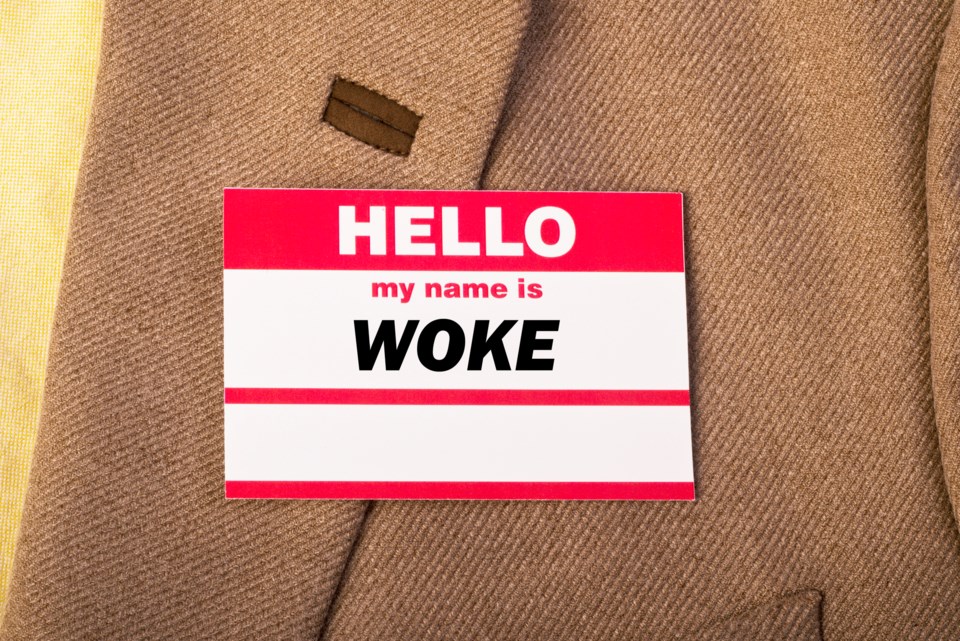According to Stephen Covey, one of the 7 Habits of Highly Effective People, is to “Seek first to understand, and then to be understood.”
Putting this principle into practice is an important part of treating others with respect. It is very effective in overcoming misunderstandings and it allows us to explore the best solutions to the challenges that we face. It’s also an effective method for testing the ideas and the agenda of those with whom we are interacting.
Most people find it calming to be listened to. They will articulate their ideas, respond to thoughtful questions and then ask, “What do you think?”
A few people get angry when they are asked to clarify their opinions. In addition, they have no interest in the thoughts of others. These people exist in all groups and even to a degree in each one of us. Recognizing this helps us to be mindful when discussions go awry.
Many of us remember the Cold War, when questioning the ethics of one’s allies was seen as sedition. Today, there is a platform for a greater diversity of opinion than ever before. In the age of opinionated YouTube, Rumble and TikTok monologues, however, we seem to be forgetting the value of respectful dialogue.
Following the principle of seeking first to understand, I have therefore made a concerted effort to understand the viewpoints of the self-proclaimed “unwoke” or “anti-woke.”
I can see some of their concerns. There are keyboard warriors and angry TikTok-ers who do not value the opinions of others. Though they may claim to stand for social justice, they are simply practicing meanness and they are not listening. If that is what is being called “woke”, I hope I do not fit into that category.
I also appreciate the criticisms of “woke” social media posts that point out historical inaccuracies. Alternative facts do not serve us because they do not bring us closer to the truth or make the world better.
Other aspects of “anti-woke” discourses are troubling, however. There is an expressed unwillingness to look critically at the once-dominant historical narrative. Criticisms of colonialism, for example, are often met with, “Why don’t you talk about the good things we did?” No one denies that roads were built, and trade systems were established, but this does not negate the fact that crimes against humanity were also committed.
When slavery is discussed, I often read, “Others also had slaves. Why are you picking on us?”
What is most unsettling about this perspective is that as a second-generation German-Canadian, I find it reminiscent of views expressed by many Germans in the years after the Second World War. One often heard, “We also suffered” or “Look at what the Russians did to us and how our cities were bombed” or “I had nothing to do with Auschwitz” or “Other countries were antisemitic too” or “We need to just forget the past and move on.”
It wasn’t until the post-war generation came of age in the late 1960s that young Germans began challenging the actions and inactions of their parents and grandparents. In many ways, Germans are still working off their dark past, but the result is that they now have a much healthier democracy and a country that is praised for its human rights, all the while having one of the world’s strongest economies.
I also do not understand the “anti-woke” criticism of kindness and inclusivity. How is reconciling historical crimes or embracing members of the 2SLGBTQ+ community in any way bad for a society?
All people make mistakes, and it is difficult to find a society that is not guilty of crimes against humanity or even genocide. It is only through courageous introspection and just action that we will build a better world, one where “never again” becomes a reality.
That is not a “woke” or “anti-woke” narrative; it is a simple human truth.
Gerry Chidiac is a Prince George writer



